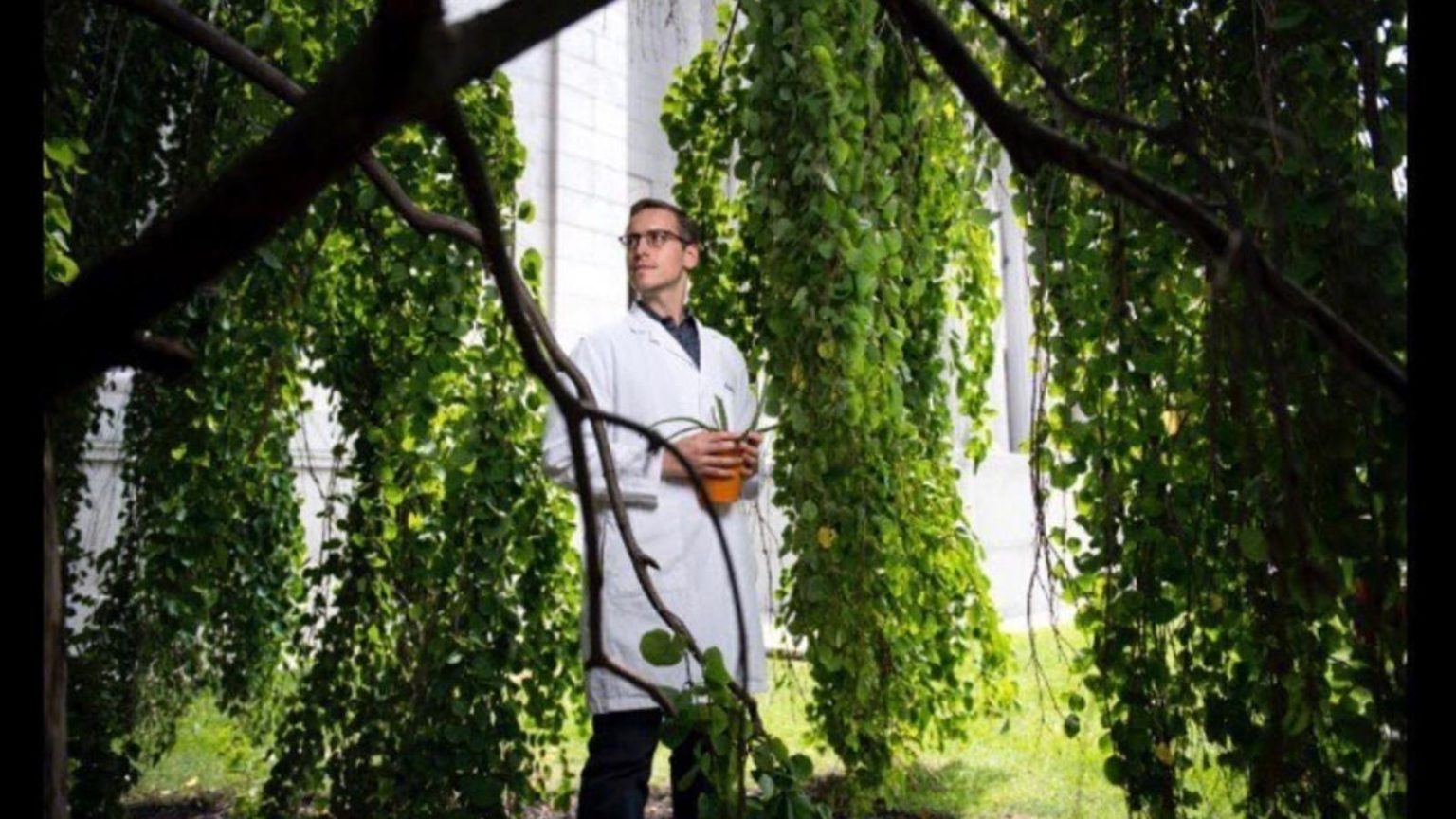John de la Parra, a young boy from Boaz, Alabama, grew up exploring plants and crops on his family’s farm, where his grandmother introduced him to the medicinal properties of plants. This childhood passion sparked his interest in science, leading him to become an ethnobotanist and plant chemist, and the Director of the Food Initiative at The Rockefeller Foundation. He is part of a team revolutionizing how we understand food, blending ancient wisdom with modern scientific discoveries.
Traditional societies have long revered certain foods for their medicinal properties, passing down knowledge through generations. However, the scientific community has only scratched the surface of understanding the biochemical composition and properties of the food we consume. The Periodic Table of Food Initiative aims to uncover the dark matter of food through a research database that captures the bio-chemical properties of foods, using cutting-edge technologies like high-resolution mass spectrometry and artificial intelligence to validate ancient dietary wisdom.
The initiative, supported by the American Heart Association and the Alliance of Bioversity International and CIAT, has curated a list of 1,650 foods, many cherished for their medicinal properties by indigenous cultures for millennia. PTFI data is available to the public via MarkerLab, an online data visualization tool, allowing researchers to explore and compare foods and compounds, sparking scientific discoveries around food, nutrition, agriculture, and health. By collecting empirical chemical data and metadata, the initiative aims to provide a comprehensive resource of edible biodiversity.
PTFI’s efforts to understand food composition, encompassing diverse biomolecules and their quantities across varying conditions, hold the key to empowering stakeholders across the food system and making informed decisions that improve planetary and human health. As the world faces diet-related diseases and climate change, the initiative’s focus on diverse foods and overlooked traditional foods is crucial for building a sustainable and resilient food system. By understanding the role of food in human and planetary health, we can bridge the gap between traditional wisdom and modern science.
The nine Centers of Excellence established by PTFI on every major continent ensure cultural, geographic, and climatic inclusivity, with a focus on low- and middle-income countries. These centers lead food biomolecular analysis and regional translation, allowing culturally relevant questions to be asked about food and ensuring that communities can analyze foods that are important to them. By standardizing methods across different contexts, comparisons can be made globally, validating traditional practices and paving the way for evidence-based dietary guidelines and personalized nutrition.
The Periodic Table of Food Initiative is a bridge between the past and the future, blending age-old wisdom with cutting-edge technology. By exploring and validating the medicinal properties of traditional foods, the initiative opens new possibilities for health, sustainability, and global well-being. Understanding the biochemistry of foods can create a sustainable food system that promotes diversity, sustainability, and resilience, honoring the past while embracing the future. This marks the dawn of a new era in understanding food as medicine, with potential benefits for holistic well-being and personalized nutrition.


